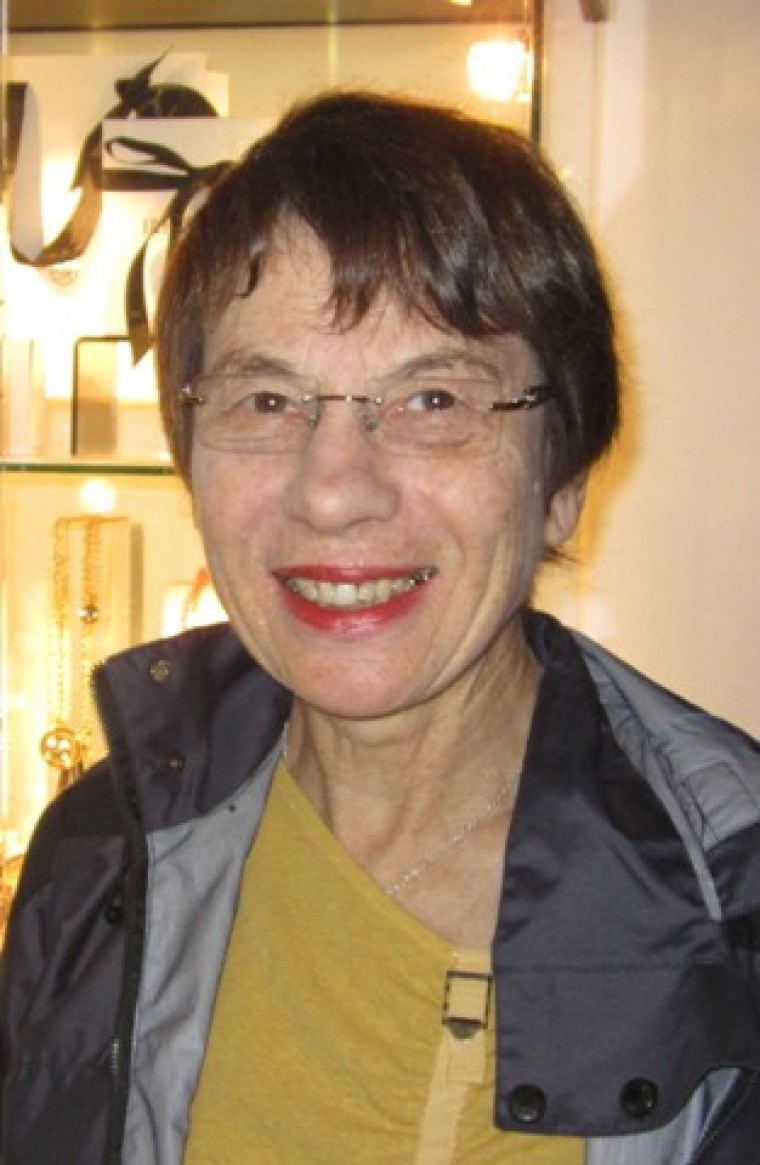

The Australasian Religious Press Association (ARPA) will be celebrating its 40th year in Canberra this weekend (5-7 September) at the National Rydges with a program to die for (as it were).
Celebrities such as Mark Sayers on The Prophetic Word and the Church with the inviting title: "What does the church have to say today?" opens the conference on Friday 5 September, followed by an afternoon plenary on the prophetic word and the media with Melinda Tankard-Reist and then an evening reception (as the latte set say, drinkies).
Saturday, kicks off with the AGM followed by work house sessions with Paul Osborne's A Crisis – being in the media; Tony Revell on technology associated with religious publications; and Mark Fowler on a legal update on Religious vilification, Freedom of speech and Charity regulations. 4.00pm is a press conference discussion on "Communication in a brave new world."
Mark Scott AO (ABC) is the speaker at the Awards night where the annual Gutenberg Shield is given, and on Sunday after community worship it's a visit to the Parliament House Press Gallery followed by a luncheon panel led by John Cleary with a number of ARPA luminaries.

Peter Bentley and John Sanderson 2012 ARPA conference in Wellington NZ
ARPA
Should anyone have the idea that the Australian Religious Press Association is a hot bed of Christian writers who all vote for the "lovely Jesus", they would be mistaken. ARPA was initiated an as institution and remains so, as ARPA's voting membership is made up of Christian Publications' who have a single representative entitled to voting rights.
Christian writers are welcome as Associate Members who are invited to the annual conference but unable constitutionally to vote.
Originally, ARPA was initiated 40 years ago by Denominational and Mission publication people whose objective (apart from fellowship and mutual encouragement) was as a lobbying organisation of the then remarkably active Christian print world to negotiate with The Royal Australian Post Office (now Australia Post) limiting postal fees for their publications.
Their lobbying objectives were successful but as the years went on those elected to governance roles in ARPA saw less and less need for issues that required a joint capacity to lobby, and its developed into more like an annual professional development scenario.
Each year the ARPA conference is held in a different capital city and each State ARPA is referred to as a Chapter. Each State Chapter in turn is largely responsible for the program and running of the annual conference.
40th in Canberra
Last year (2013) ARPA was held in Melbourne, 2012 in Wellington New Zealand (once every 5 years), the year before in Adelaide, 2010 Hobart, 2009 Sydney, 2008 Brisbane ….. View ARPA 2013 video 2 min video
This year ARPA's 40th anniversary is being held in Canberra where it all began ….. each State has an ARPA Chapter Committee and when the national conference is held in their city they take the lead in the planning for that year's conference.
Therefore the flavour of the annual ARPA conference is largely dependent on the theological disposition of the State's Chapter ARPA committee. Two years ago in Wellington New Zealand there was a clear focus of an evangelical thrust with seminars and workshops highlighting how Christian media can more effectively reach the lost.

Errol Pike immediate past president of ARPA from Wellington NZ
Heading the Wellington committee was Errol Pike the retired New Zealand Bible Society's publication chief editor and then President of ARPA and now the immediate past president. View the 2012 ARPA 2 min video
This year in Canberra new President Peter Bentley has specifically highlighted a focus on national issues in line with it being ARPA's 40th anniversary. I for one look forward to it (as I do to every ARPA conference) and as is my norm, will have my two usual hats. One is my evangelical Christian media hat full of goodness and light, and the other, is my 360 degree mirror hat with barb-wire entanglements for the politic. I might add this is usual head gear for the politic of Missions and Churches.
If you don't believe me, go read the biographies and auto-biographies of the great evangelicals and missionaries who had to fight their boards (the politic) as much as they ever did the spiritual battle on the field.
Dr Mark Tronson is a Baptist minister (retired) who served as the Australian cricket team chaplain for 17 years (2000 ret) and established Life After Cricket in 2001. He was recognised by the Olympic Ministry Medal in 2009 presented by Carl Lewis Olympian of the Century. He mentors young writers and has written 24 books, and enjoys writing. He is married to Delma, with four adult children and grand-children.
Mark Tronson's archive of articles can be viewed at www.pressserviceinternational.org/mark-tronson.html

